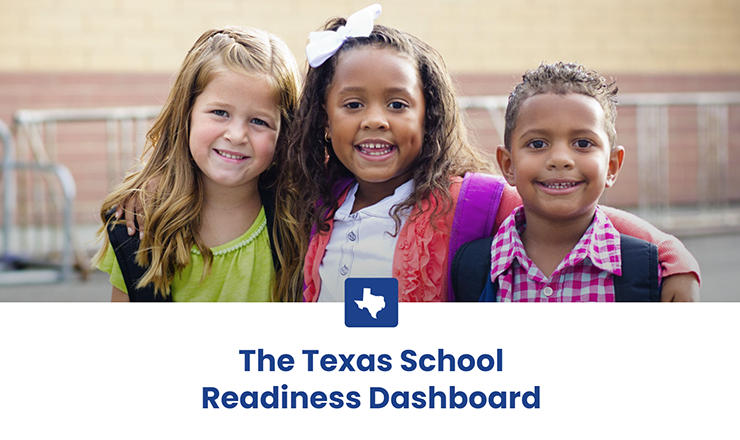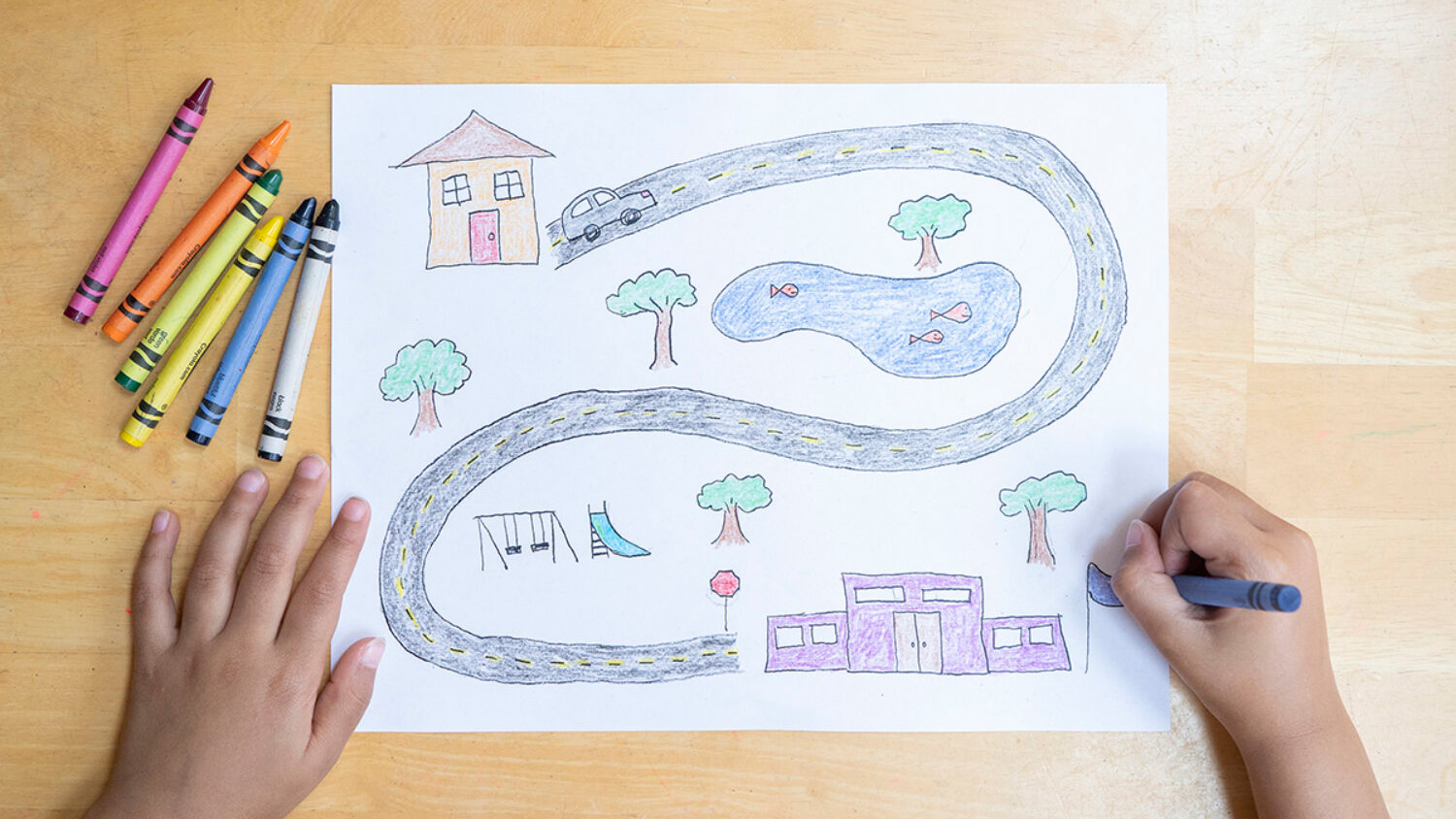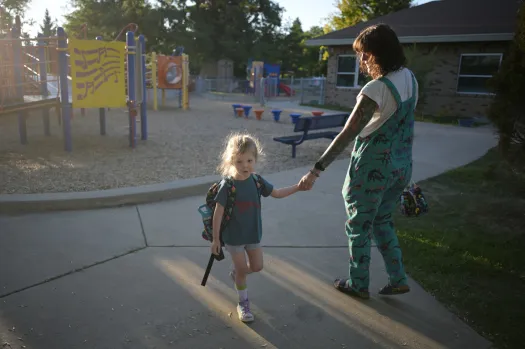- Home
- /
- Research Topics
- /
- Child Welfare
Child Welfare
Child welfare is a continuum of services designed to give families the support to keep their children safe. Each state’s child welfare agency coordinates services to keep children safe from child abuse and neglect. Services commonly include parenting classes, in-home family preservation services, mental health services, substance abuse treatment, and foster care and other out-of-home care options for when children cannot safely stay at home.
Featured Resource
In January 2015, the Texas Department of Family and Protective Services (DFPS) began using the CPS Professional Development (CPD) training model to train and equip new caseworkers using an experiential, field-based approach to training. This report summarizes program evaluation findings, examining whether the CPD training model is associated with improvements in caseworker preparedness, retention, and quality.
Related Resources
- Blog
- |
- News
- |
- News
- |
- News
- |
- News
- |
- News
- |







